Directory
- Share
Robert Tonita
- Alumni
- Canada
- 2005 PhD Engineering
- Hughes Hall

Robert Tonita
- Alumni
- Canada
- 2005 PhD Engineering
- Hughes Hall
Applications of control theory to economics.
Christopher Tooley
- Alumni
- New Zealand
- 2002 PhD Education
- Girton College
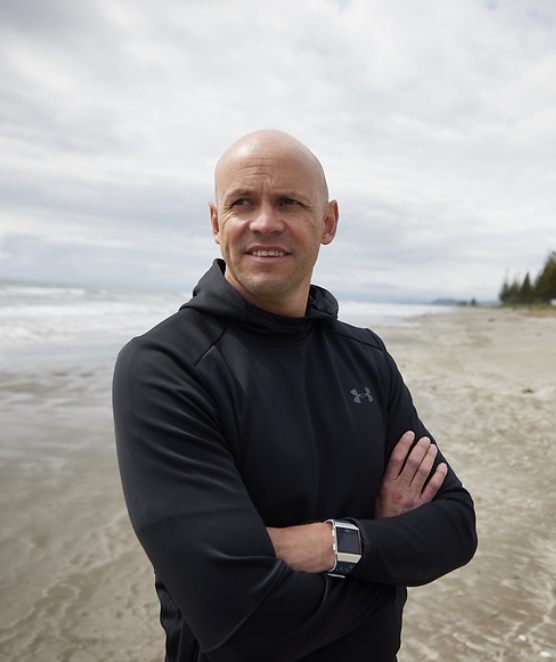
Christopher Tooley
- Alumni
- New Zealand
- 2002 PhD Education
- Girton College
I have always been interested in how peoples/nations struggle to determine their own political status, including constitutional and governance configurations, through the mechanism of self-determination. My research at Cambridge focused on the evolution of self-determination, its political, philosophical and cultural tensions, and how struggles negotiate constraint and mobilise activism - all towards describing an ethics of self-determination. The model was then applied to the case of Palestine.
Sára Tóth
- Scholar
- Hungary
- 2025 PhD Chemistry
- Corpus Christi College
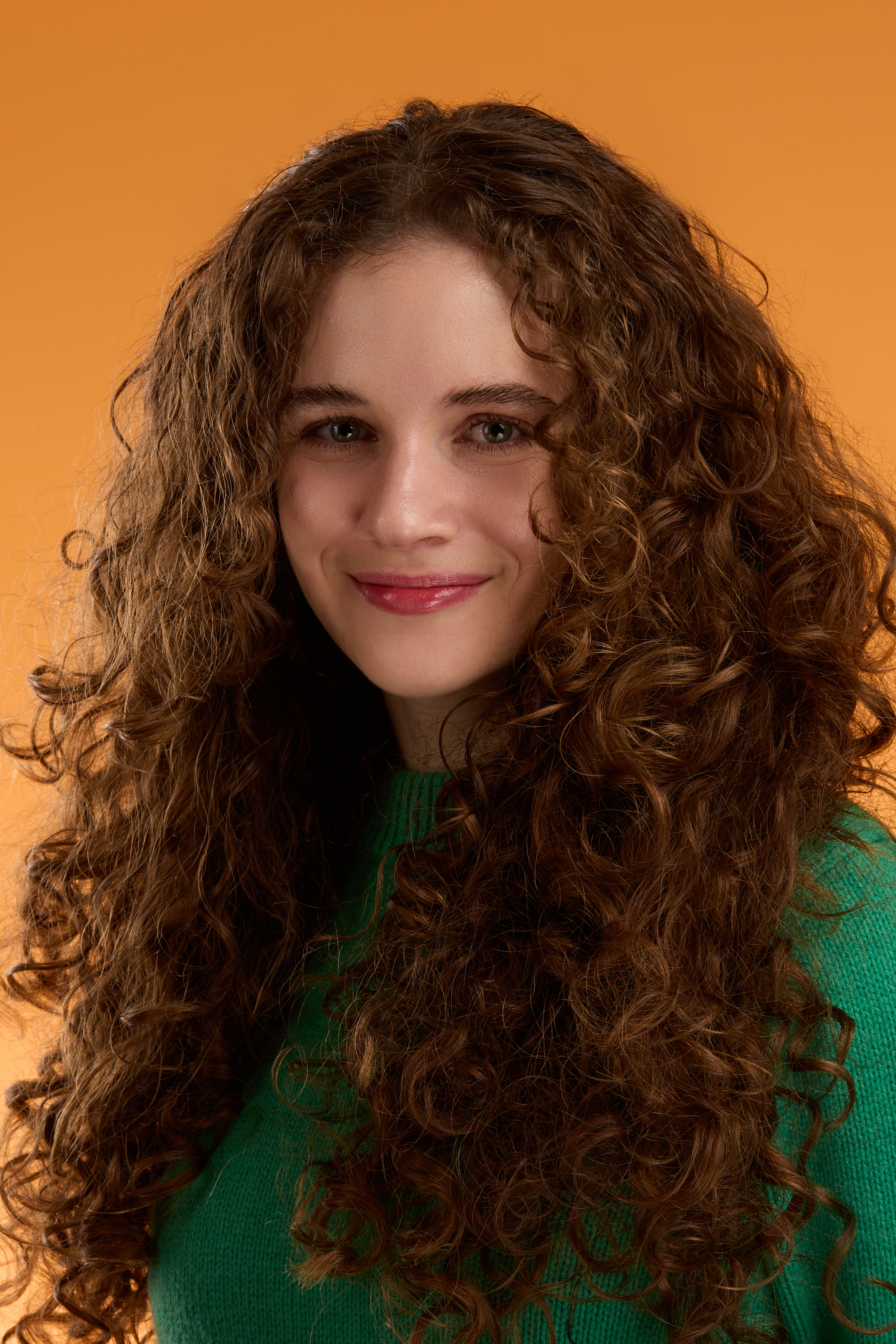
Sára Tóth
- Scholar
- Hungary
- 2025 PhD Chemistry
- Corpus Christi College
I grew up in Budapest, Hungary, and I moved to the UK in 2021 to pursue a BSc in Physics at King’s College London, followed by an MPhil in Scientific Computing at the University of Cambridge. During my studies, I was captivated by how complex biological systems can be described through simple yet elegant laws of physics. I am particularly fascinated by the structure of our genome, as it achieves a remarkable level of compaction: approximately 2 metres of DNA are condensed into the micrometre-scale space of the cell nucleus. This mechanism plays an important role in human health, as the spatiotemporal organisation of our genes — regulated by binding proteins in a complex feedback-loop manner — determines whether genes are properly activated or silenced, which can lead to the onset of diseases if disrupted. However, the fascinating question arises: how does a protein find its specific target site on DNA among ~3 billion other base pairs in an environment crowded with millions of other proteins? Throughout my PhD, I intend to investigate these questions using multiscale chromatin computational models and deep learning techniques to gain physiochemical insights into the molecular mechanism of genome organisation.
Previous Education
King's College London (University of London) Physics
University of Cambridge Scientific Computing
Emily Towner
- Alumni
- United States
- 2020 PhD Psychology
- St John's College
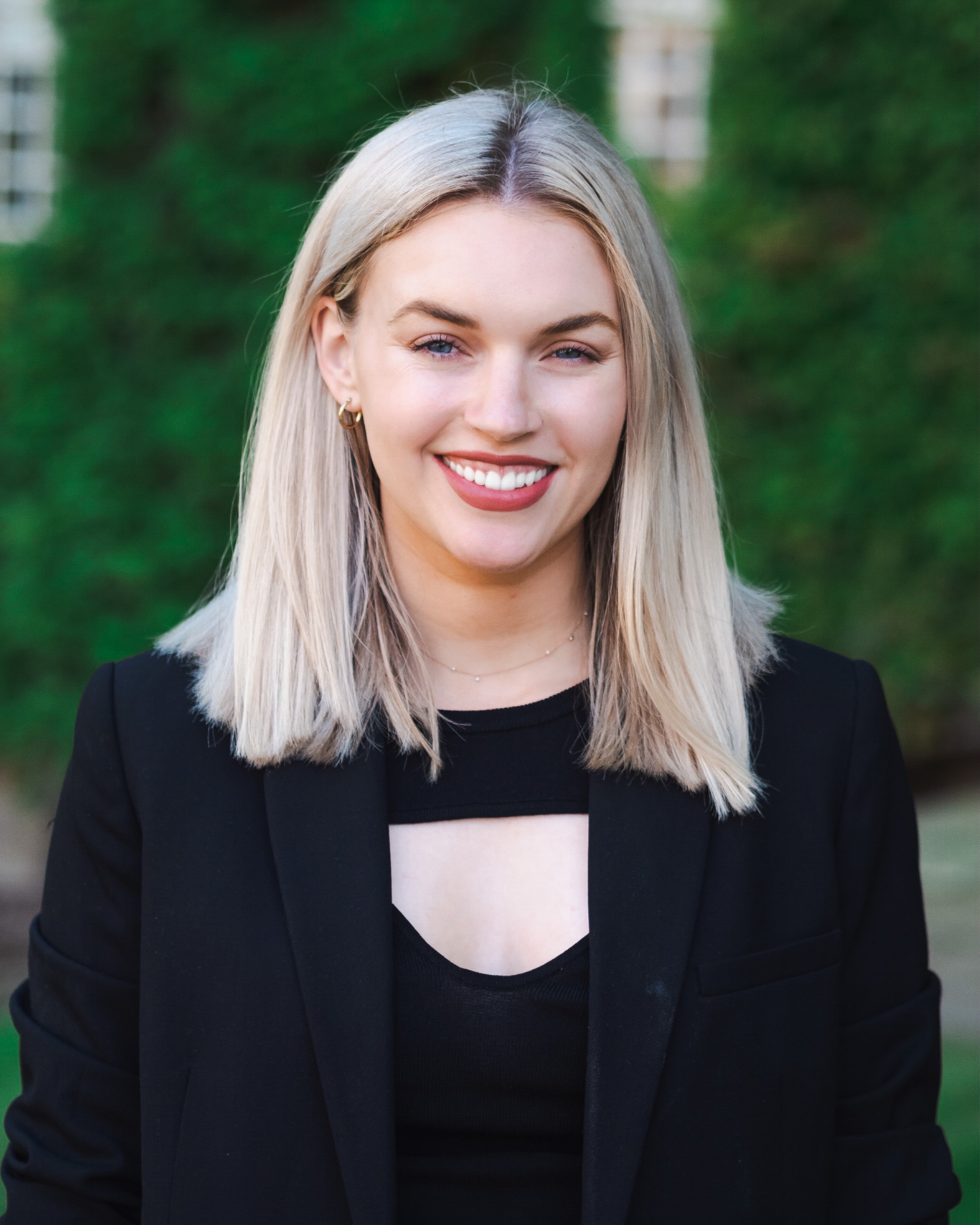
Emily Towner
- Alumni
- United States
- 2020 PhD Psychology
- St John's College
As a Gates Cambridge scholar I hope to make a difference in the lives of children and adolescents who have experienced early-life adversity. At the age of 16, I moved from a small town in Georgia to New York City. Living in New York opened my eyes to the diversity of human experience and made me realise that I could make a meaningful difference through education, commitment, and collaboration. Later, while studying at Columbia University, I became fascinated by the science of psychology. I began working with children and adolescents exposed to trauma, which sparked my passion for understanding the ways in which adversity in early life affects mental health outcomes. In my doctoral research at Cambridge, I aim to investigate the mechanisms by which adolescents learn from their environment, and how early life stress affects the development of these mechanisms. In addition, I am interested in how individual differences in these learning mechanisms relate to mental health across the lifespan. By better understanding how adolescents learn, we will be better able to develop interventions to improve the education and mental health of adolescents and children around the world.
Previous Education
University of California Los Angeles Social Science 2019
Columbia University Psychology 2018
Britta Trappmann
- Alumni
- Germany
- 2007 PhD Chemistry
- Gonville and Caius College
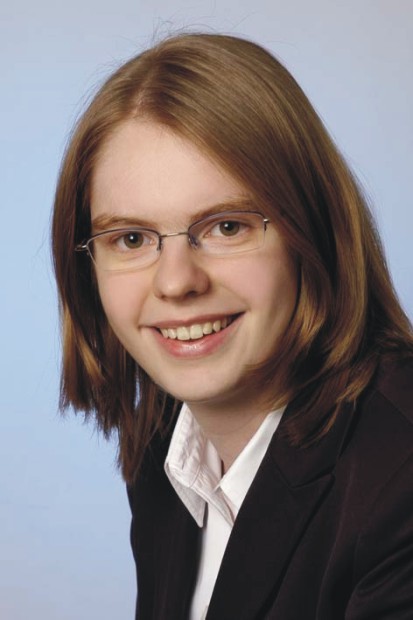
Britta Trappmann
- Alumni
- Germany
- 2007 PhD Chemistry
- Gonville and Caius College
I am studying chemistry because I want to do research and discover new things to improve the lives of the community. My ambition is to lead a University research group. Pursuing a PhD course in Cambridge means working in an environment of excellence and allows me to do research in an international and interdisciplinary team. Being a Gates Scholar helps me to meet people from around the world with different academic specialisations and will therefore broaden my horizons beyond my own field.
Jakob Träuble
- Scholar
- Germany
- 2022 PhD Biotechnology
- Gonville and Caius College
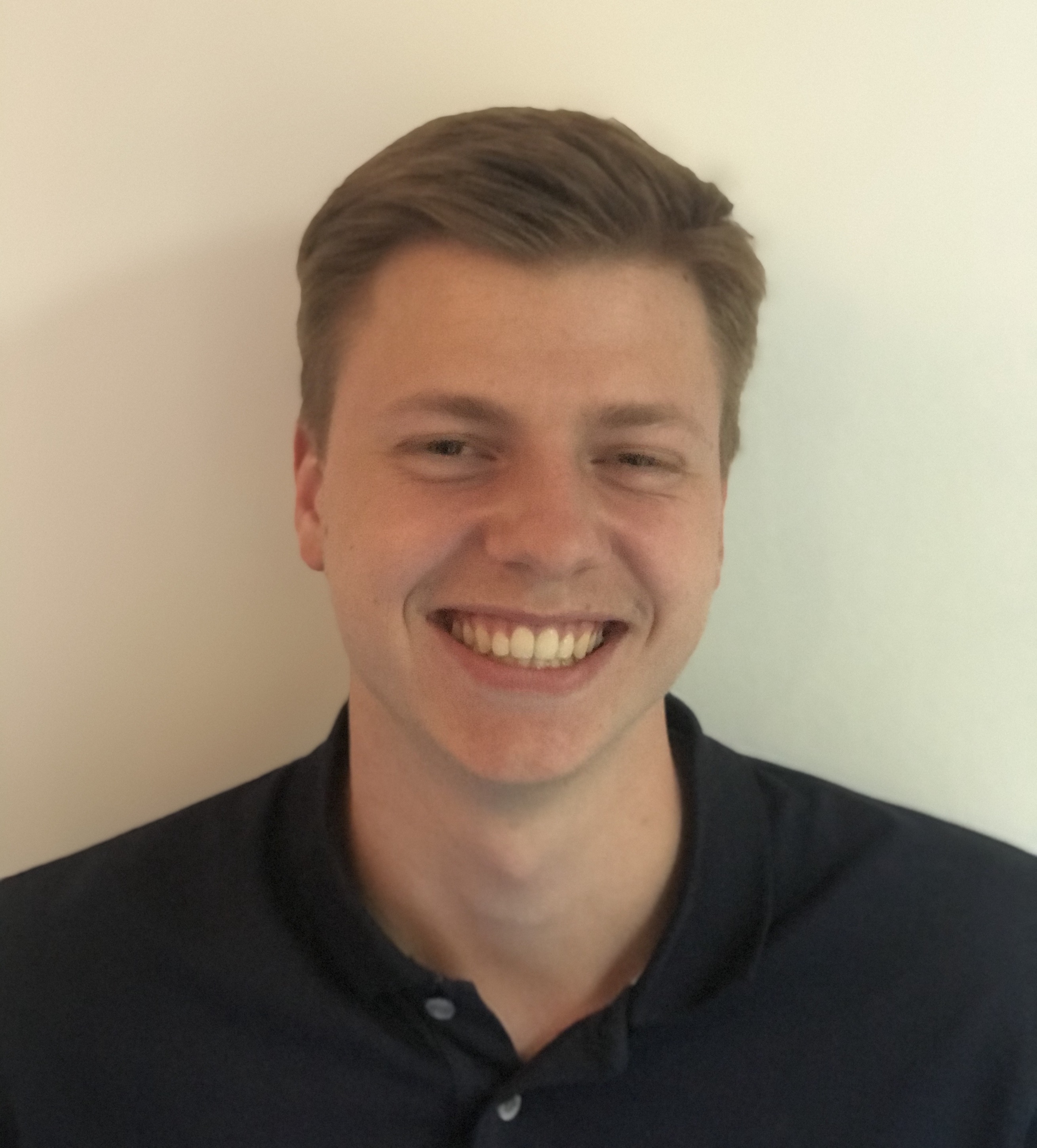
Jakob Träuble
- Scholar
- Germany
- 2022 PhD Biotechnology
- Gonville and Caius College
During my undergraduate studies in Physics at the University of Munich (LMU), I first utilised quantitative data-driven approaches for biological challenges within my Bachelor’s thesis in the field of peptide sequencing. Using my analytical background, I employed novel machine learning methods to study the neuronal activity in neurodegenerative diseases as a Master’s student in Biotechnology at the University of Cambridge. Intrigued by the complexity of neurodegenerative diseases, I envision analysing the brain elasticity and neuronal activity correlatively in neurodegenerative diseases during my PhD in Biotechnology. This is achieved through developing multi-modal models on MRI data and electrophysiological recordings, which utilise computer vision and metric learning concepts. By highlighting both properties and possibly establishing a causal link, I hope to contribute to novel insights and progress in this field. This may lead to finding novel biomarkers for earlier diagnosis as well as unravelling unknowns in neurodegeneration, which is urgently needed for the devastating prospects for patients.
Previous Education
University of Cambridge Biotechnology 2022
Ludwig-Maximilians-Universitat Munchen Physics 2021
Bergthor Traustason
- Alumni
- Iceland
- 2018 MPhil Biotechnology
- Fitzwilliam College
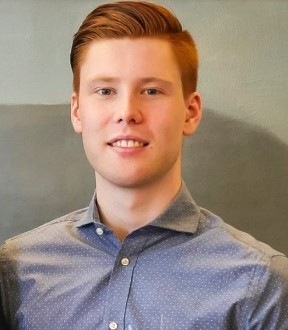
Bergthor Traustason
- Alumni
- Iceland
- 2018 MPhil Biotechnology
- Fitzwilliam College
My main research interests lie in the development of a broad range of new technologies that employ living organisms to make diverse products in an efficient and environmental-friendly way. I’m particularly interested in how interdisciplinary knowledge, large-scale computation and data analytics can lead to new discoveries in the growing field of biotechnology. During my undergraduate studies in Engineering Physics at the University of Iceland I’ve worked on diverse research projects ranging from the design of new bioreactors for growing microalgae to the development of kinetic algorithms for the simulation of nucleic acid reaction pathways. They have consisted of broad cooperation between universities, companies and institutions, where different expertise and resources were used to reach a common goal. I’ve also been a teaching assistant in three different courses, co-founded a small teaching company and taken part in several out-reach programmes to get children interested in science. I think the new MPhil programme in Biotechnology at Cambridge will broaden my vision and improve my possibilities to help seize some of the great opportunities that this emerging field has to offer. I am honoured to join the diverse and vibrant Gates Cambridge community and look forward to being a part of this global network of future leaders.
Previous Education
University of Iceland
Elsa Treviño
- Alumni
- Mexico
- 2009 MPhil Latin American Studies
2010 PhD Latin American Studies - Queens' College
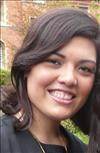
Elsa Treviño
- Alumni
- Mexico
- 2009 MPhil Latin American Studies
2010 PhD Latin American Studies - Queens' College
Charikleia Triantafyllidou
- Scholar
- Greece
- 2021 PhD Theoretical & Applied Linguistics
- Downing College
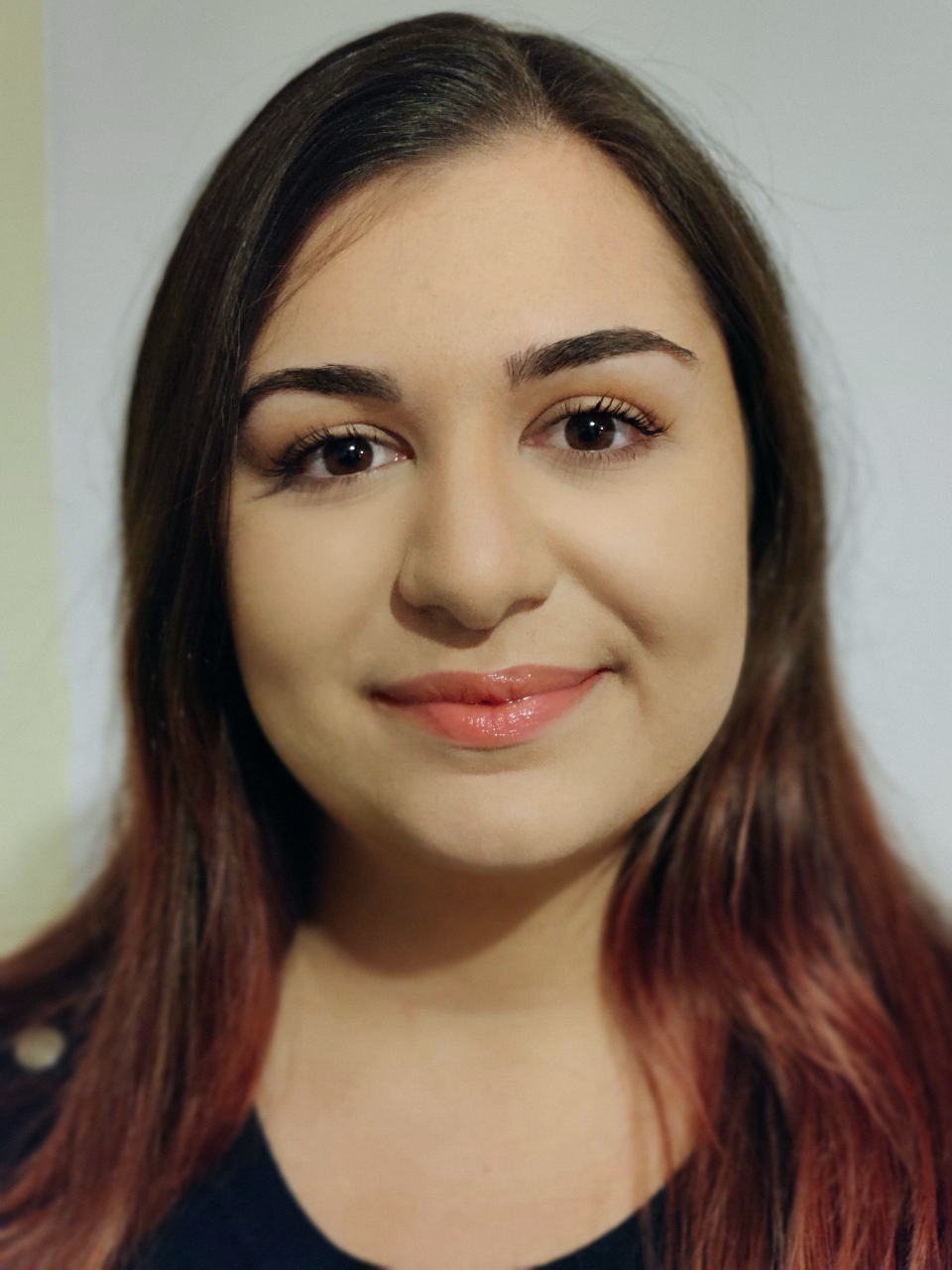
Charikleia Triantafyllidou
- Scholar
- Greece
- 2021 PhD Theoretical & Applied Linguistics
- Downing College
The goal of my PhD research is to explore prosody (stress, rhythm, intonation) and socioeconomic status as factors influencing the development of reading abilities, and I am particularly interested in silent reading (implicit prosody). During my undergraduate studies in English Language and Literature at the Aristotle University of Thessaloniki, I was exposed to aspects of first and second language acquisition, and as an Erasmus+ student at the University of Edinburgh, I became increasingly interested in language processing and psycholinguistics. During my MPhil in Applied Linguistics at Trinity College Dublin, I focused on dyslexia, prosodic processing, and Computer-Assisted Language Learning. By investigating reading abilities among typically developing readers, my aim is to shed light on the role of prosodic processing and production in reading comprehension, to unveil the impact of hidden socioeconomic inequalities on literacy acquisition, and to investigate the extent to which reading difficulties remain undiagnosed. This research will aid in the diagnosis and the development of accommodations for reading difficulties and a more thorough understanding of how these difficulties can go undetected by educators.
Previous Education
University of Dublin Trinity College Applied Linguistics 2020
Aristotle University of Thessaloniki English Language & Literature 2018
Links
Olga Tribulato
- Alumni
- Italy
- 2001 PhD Classics
- Pembroke College
Olga Tribulato
- Alumni
- Italy
- 2001 PhD Classics
- Pembroke College
Anoop Tripathi
- Scholar
- India
- 2022 PhD Plant Sciences
- Emmanuel College

Anoop Tripathi
- Scholar
- India
- 2022 PhD Plant Sciences
- Emmanuel College
As a Biochemistry Master’s student, in India, I developed an interest in Plant Sciences. As a Research Fellow, in New Delhi, my research focused on understanding the evolution of photosynthesis, which is useful to plant breeders for varietal trait development and Food Security. Previously, in a collaborative research project at Cambridge, we identified that monocots graft at the root-shoot interface, this pivotal work overturned the long-standing consensus that monocots cannot graft. Further, I am working on translational impact of the grafting approach using perennial monocots, which will be useful in imparting disease resistance in economically relevant crops like banana and oil palms. During my Gates Cambridge PhD Scholarship, I will aim to integrate the most efficient version of photosynthesis, known as the C4 pathway in rice, using the newly developed technique of cereal grafting and hybridisation. Rice is a global food staple and converting rice to use C4 photosynthesis is expected to not only increase yields by 50% but will also enhance water and nitrogen use efficiency. My research vision is to carry out cutting-edge fundamental and translational research that will lead to real impact to farmers both in India and globally.
Previous Education
University of Lucknow Biochemistry 2010
University of Lucknow Botany/Chemistry/Zoology 2008
Deepti Trivedi
- Alumni
- India
- 2003 PhD Molecular Genetics
- Churchill College

Deepti Trivedi
- Alumni
- India
- 2003 PhD Molecular Genetics
- Churchill College
Jan Trnka
- Alumni
- Czech Republic
- 2004 MPhil History & Philosophy of Science
2005 PhD History & Philosophy of Science - St John's College
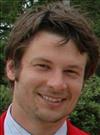
Jan Trnka
- Alumni
- Czech Republic
- 2004 MPhil History & Philosophy of Science
2005 PhD History & Philosophy of Science - St John's College
I had the good fortune to receive my first Gates scholarship to study mitochondria-targeted antioxidants and other related chemicals, which could potentially help in the treatment of diseases such a Parkinson disease or Alzheimer's dementia. In 2008 I will study towards a MPhil in the history and philosophy of science, again supported by the Gates Cambridge Trust. Understanding the philosophical basis of modern science is, in my view, crucial if we are to solve the many problems in modern biomedical science and practice - from cognitive sciences to medical ethics.
Allison Truhlar
- Alumni
- United States
- 2011 MPhil Biological Science (Zoology)
- Churchill College
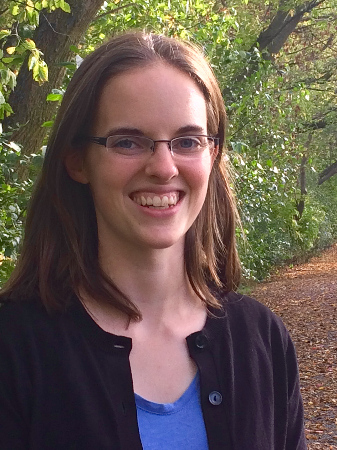
Allison Truhlar
- Alumni
- United States
- 2011 MPhil Biological Science (Zoology)
- Churchill College
Nadja Tschentscher
- Alumni
- Germany
- 2010 PhD Biology
- Trinity Hall

Nadja Tschentscher
- Alumni
- Germany
- 2010 PhD Biology
- Trinity Hall
My PhD concerns the relationship between abstract problem solving and the cortical motor system, with a special focus on mental arithmetic. The way in which we process abstract knowledge such as numerical symbols is a highly topical field in current neuroscience. Research has found that a child’s level of motor skill, such as performing complex finger movements, can predict arithmetic task performance. It is thought that a sense of numbers might be acquired through finger counting. I am investigating the interactions between brain areas that initiate movement and those that are involved in complex arithmetic. By using EEG/MEG techniques, I am especially interested in the time-course of activation in neural networks of abstract problem solving. I believe my research will impact upon interventions for people with problems processing numbers and has theoretical and practical implications for teaching mathematics.
Vadim Tsipenyuk
- Alumni
- United States
- 2009 MPhil Bioscience Enterprise
- St John's College
Vadim Tsipenyuk
- Alumni
- United States
- 2009 MPhil Bioscience Enterprise
- St John's College
I am looking to further explore my interest in healthcare policy and business at Cambridge.
Eric Tuan
- Alumni
- United States
- 2014 MMus Choral Studies
- King's College
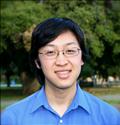
Eric Tuan
- Alumni
- United States
- 2014 MMus Choral Studies
- King's College
Choral music has been an integral part of my life since childhood. Spurred by the intrepid spirit of my hometown, the San Francisco Bay Area, I seek to explore music that lies off the beaten track. This journey has taken me from medieval music, with its strikingly different conception of text and authorship, to avant-garde works examining such controversial topics as same-sex marriage or mass surveillance. Through choral music, I aim to humanize the abstract for performers and listeners alike, opening minds to different cultures and new perspectives. Since graduating from university, I have served as music director for an Episcopal church and the new chamber choir Convivium, alongside performing with San Francisco Lyric Opera, Philharmonia Baroque, and Volti. At Cambridge, I hope to combine my academic interest in early music with practical conducting training. I look forward to experiencing the university’s rich musical culture and gaining a global perspective on the choral art.
Todd Tucker
- Alumni
- United States
- 2012 PhD Development Studies
- Queens' College

Todd Tucker
- Alumni
- United States
- 2012 PhD Development Studies
- Queens' College
After graduating from Cambridge’s Development Studies M.Phil. programme in 2002, I worked at Public Citizen and CEPR in DC. There, I worked to ensure that U.S. policies allow countries to grow adequately and sustainably. In the fall of 2012, I will begin writing my PhD dissertation on the implications of the investor-state dispute settlement system for development policy. Few social scientists have studies this mechanism – whereby corporations can sue governments over financial and environmental policies. Rightsizing these agreements – mostly written before recent natural and man-made disasters reminded us of the virtues of sensible public interest safeguards – will be one of the central tasks for international governance in the 21st century. I hope to help train the next generation of policymakers, business leaders and advocates on how to design democratically accountable and effective global solutions to our most pressing problems, from climate change to income inequality.








